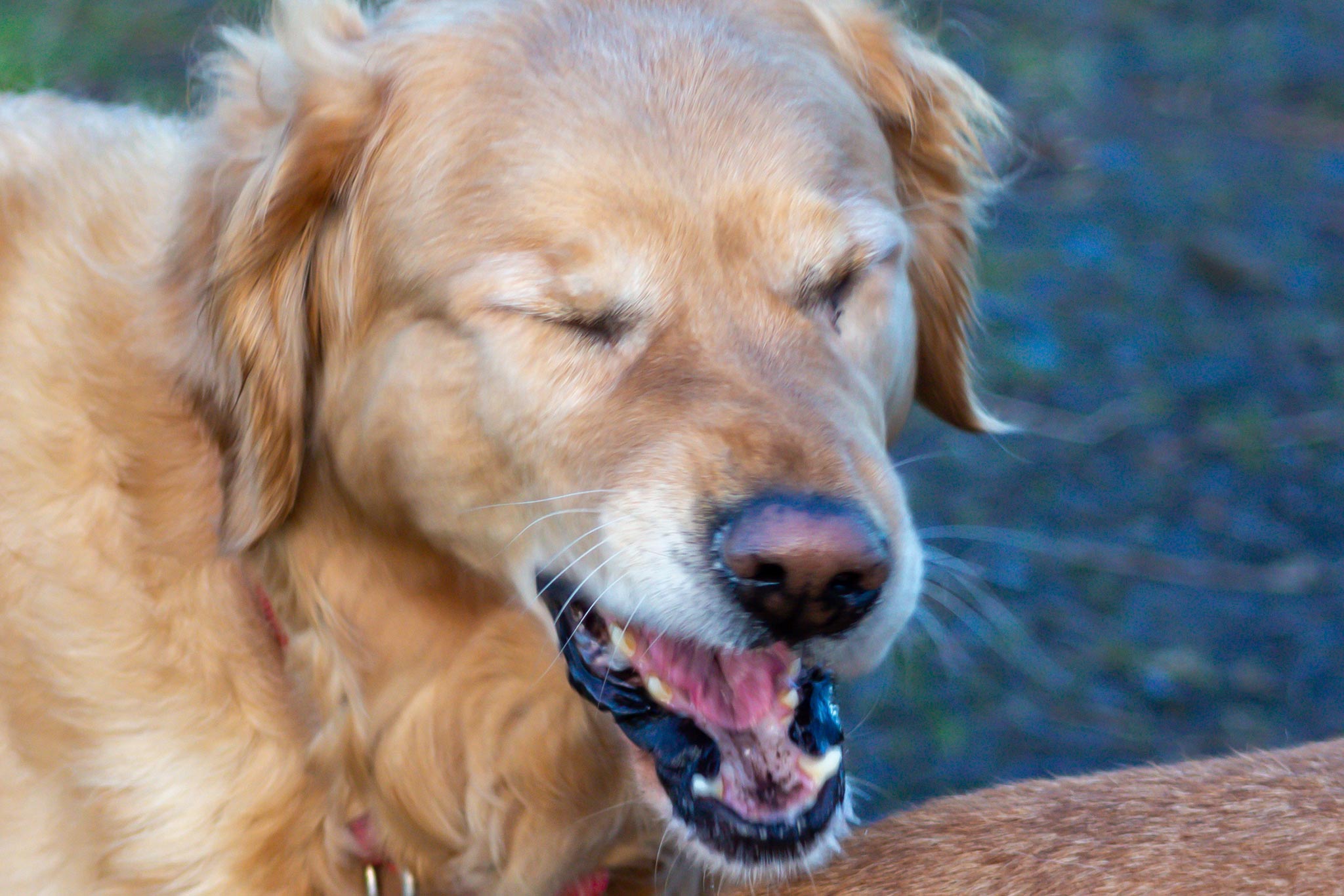Have you noticed your dog sneezing more than usual? It might seem cute at first, but if it keeps happening, you might start to worry. Sneezing in dogs can be caused by a few different things, some simple and some a bit more serious. This blog will explore five common reasons why dogs sneeze and share insights on when it might be time to reach out for help. If you’re concerned about your dog’s sneezing, or if you just want more information, you can always call Kryder + Harr Veterinary Clinic in Granger, IN, at (574) 277-6533. We’re here to answer your questions and schedule an appointment to make sure your dog gets the care they need.

Allergies
Just like people, dogs can have allergies too. These can be to things in the environment like pollen, dust, or even certain foods. If your dog is sneezing a lot, especially during certain times of the year, allergies might be the cause. They might also have other signs like itchy skin, runny eyes, or licking their paws more than usual. If you think allergies might be bothering your dog, it’s important to talk to a vet. We can help figure out what’s causing the sneezes and find ways to make your dog feel better.
Foreign Objects
Sometimes dogs are curious creatures and they might sniff or eat things they shouldn’t. Small objects or even bits of grass and dirt can get stuck in their nose and cause sneezing. If your dog suddenly starts sneezing a lot and seems uncomfortable, this might be why. It’s important to keep an eye on them and call us if you’re worried. We can help check if there’s something stuck and safely remove it if needed.
Infections
Dogs can catch infections that make them sneeze, just like we can catch a cold. Both bacterial and viral infections can affect dogs. If your dog is sneezing and also has other symptoms like a runny nose, coughing, or seems tired, an infection might be the cause. It’s important to get this checked out because infections can sometimes turn into more serious problems if not treated. Our team can help diagnose the issue and recommend the best treatment to get your dog back to feeling their best.
Dental Problems
It might be surprising, but problems in your dog’s mouth can lead to sneezing. Things like tooth infections or gum disease can cause sneezing because the roots of some teeth are close to the nasal passages. If your dog has bad breath, seems to have trouble eating, or you notice any swelling around their face, it’s a good idea to have their teeth checked. Keeping your dog’s teeth clean is important for their overall health, and we can help with any dental issues they might have.
Breed-Specific Issues
Some dog breeds are more likely to sneeze than others because of the shape of their face. Breeds with short noses, like Bulldogs, Pugs, and Shih Tzus, can have a harder time breathing and might sneeze more because of it. This is usually nothing to worry about, but if you notice any changes in how your dog is breathing or if they seem to struggle, it’s important to get it checked out. We understand the unique needs of different breeds and can provide advice and care tailored to your dog.
Sneezing in dogs can be caused by many things, from simple allergies to more serious health issues. If you’re worried about your dog’s sneezing, the best thing to do is call us at Kryder + Harr Veterinary Clinic. We can help figure out what’s causing the sneezes and work with you to make sure your dog gets the care they need. Remember, it’s always better to be safe and get things checked out if you’re concerned. Your dog’s health is important, and we’re here to help in any way we can. Call us at (574) 277-6533 to learn more or to schedule an appointment.
Recent Posts
About Us
Welcome to Kryder & Harr Veterinary Clinic! Our animal hospital has been a fixture in the Granger community since 1981, practicing full-service veterinary medicine for all our pet parents and their furry family members. At KHVC, we pride ourselves on our history, of providing excellent customer service for our clients, along with dedicated, compassionate, and exceptional medical care for all of our patients.
